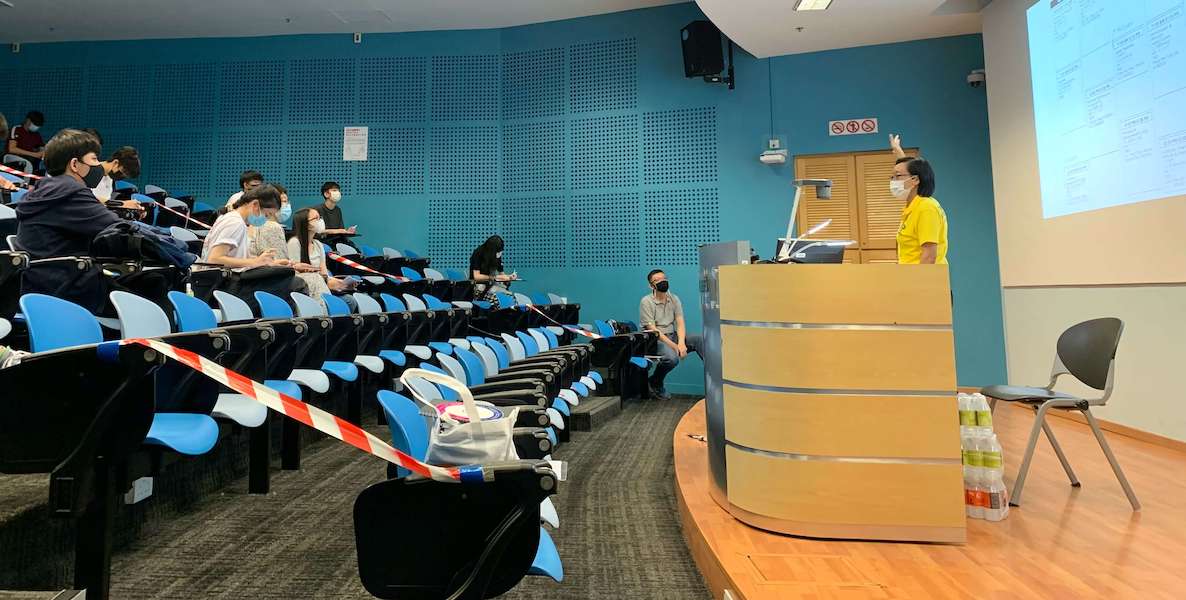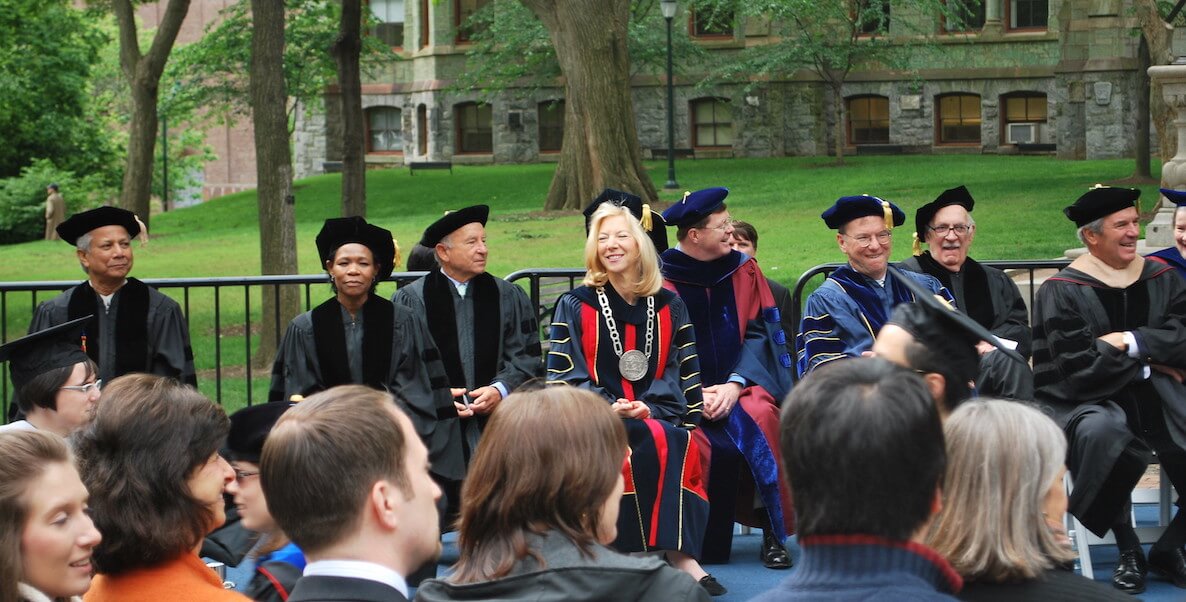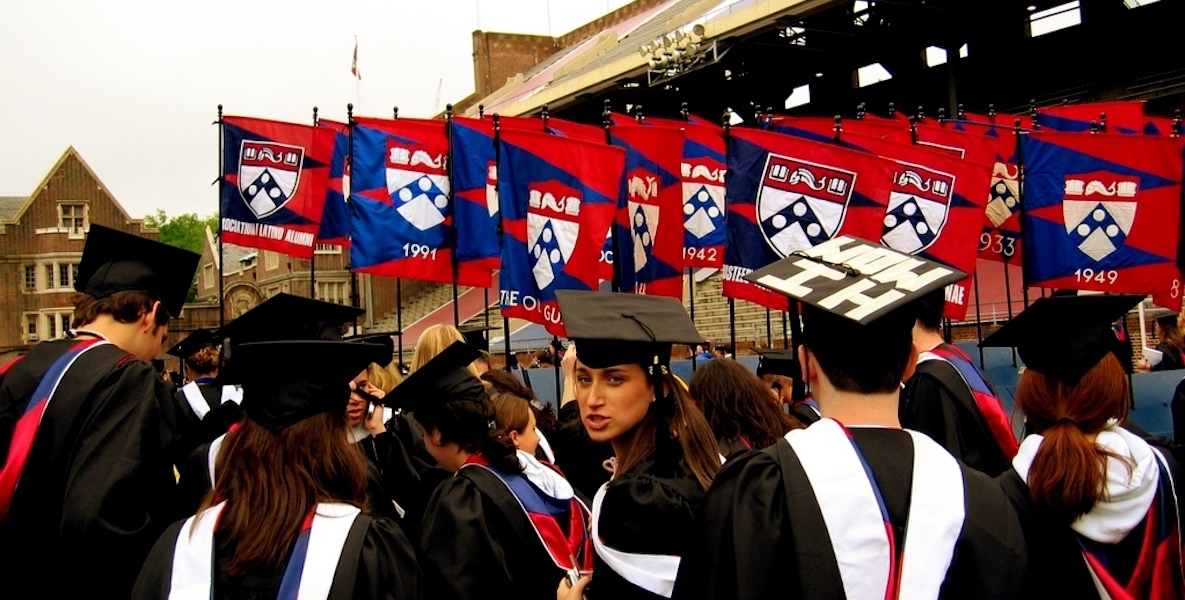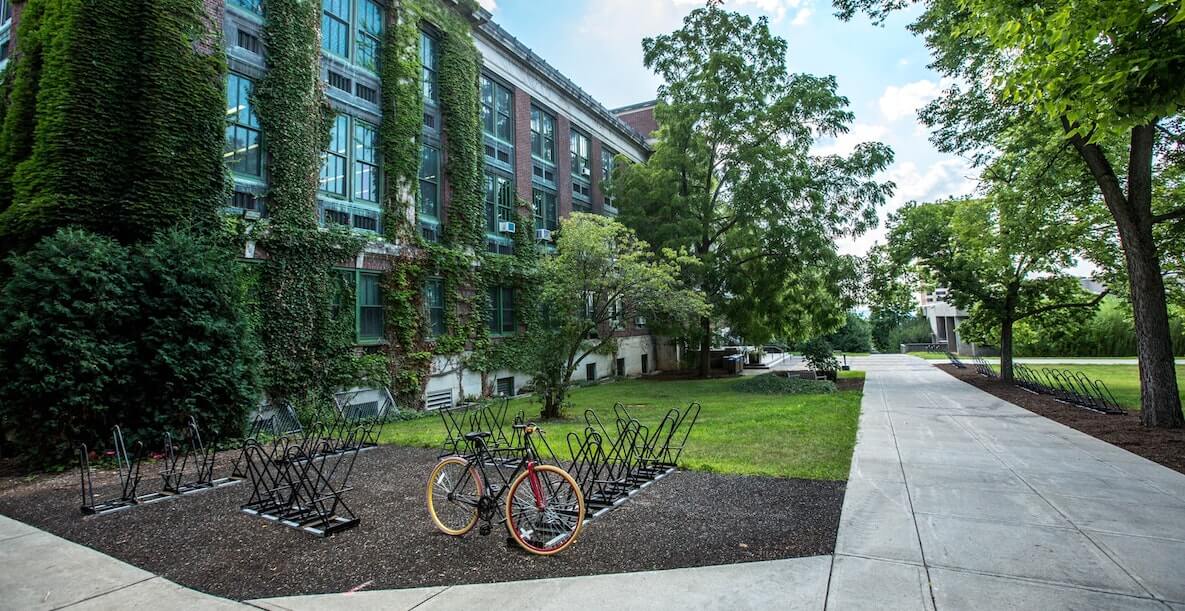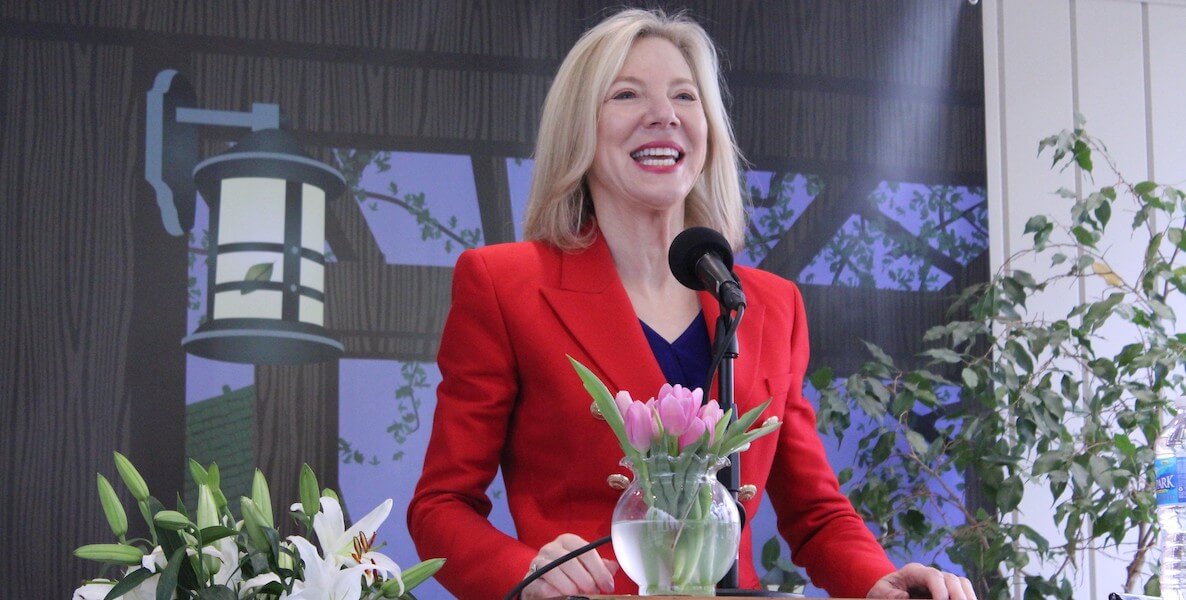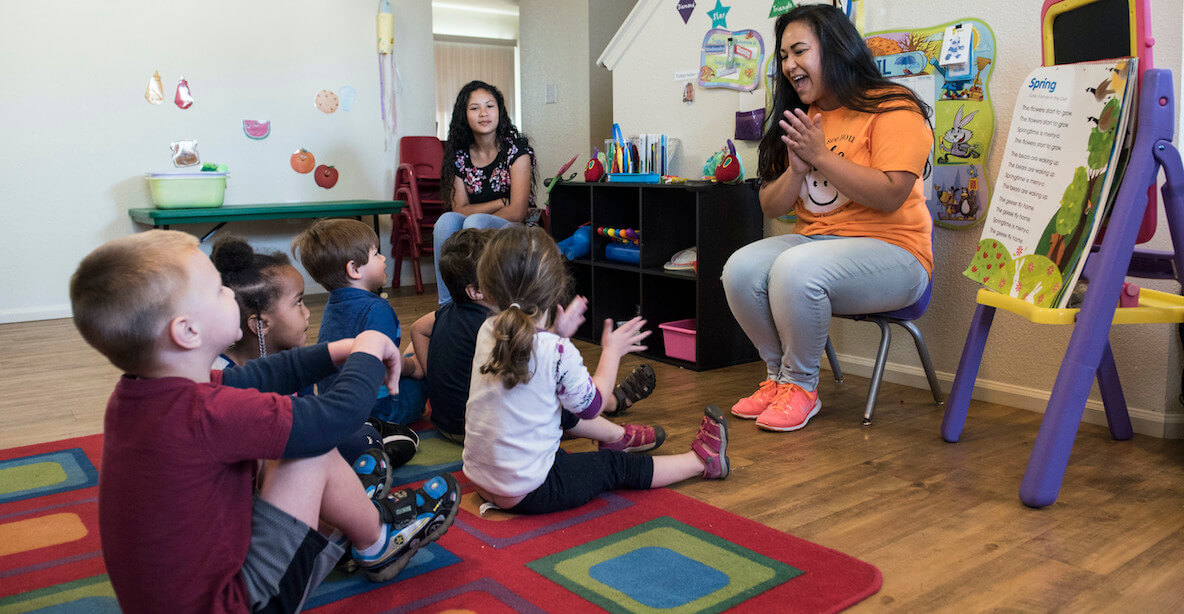The pandemic has motivated many American workers to rethink employment and lifestyle choices, what some are calling “The Great Resignation.” The Department of Labor jobs report for September 2021 showed a disappointing gain in employment. The evidence is mounting that one result of the pandemic lock-down is a reluctance to return to low-paying, unfulfilling jobs. And it’s promising that employers have increased wages and benefits for fast-food workers, school bus drivers, and factory workers.
As American citizens hope to emerge from the Covid cocoon on butterfly wings, one obvious choice is further education. Amazon, trying to compete for otherwise unmotivated workers, announced full-tuition support for most employees.
But colleges and universities have not yet seen huge across-the-board increases in adult enrollment. Recent statistics show that undergraduate gains in enrollment are for the most part in online programs like those offered by the University of Southern New Hampshire.
One reason for this could be that many potential students are parents. Some students have opted to deal with the inevitable distractions of at-home study because of childcare challenges. But even high-quality online education like that offered at Southern New Hampshire University must compete with students’ family responsibilities.
In comparison to other affluent nations, the United States seriously lacks provision for quality childcare. In Philadelphia, it could go a long way to improving a troubling statistic: That less than 30 percent of the population has a bachelors degree.
Whether parents study at home or on campus, they need better support. In comparison to other affluent nations, the United States seriously lacks provision for quality childcare. Availability of child care would certainly benefit the 36 million Americans who have earned some college credits but no degree. In Philadelphia, it could go a long way to improving a troubling statistic: That less than 30 percent of the population has a bachelor’s degree.
But better child care would also change the lives of innumerable traditional-age students. Nicole Lynn Lewis’s Pregnant Girl: A Story of Teen Motherhood, College and Creating A Better Future for Young Families tells the story of the unnecessary obstacles barring the door to higher education for teen parents, particularly young women.
Now is the time to rethink priorities and unleash human capital
Some help is on the immediate horizon. The federal child tax credit of up to $3,600 per child is helping parents pay for childcare. The Biden administration first sought to make the credit permanent, but current negotiations on Build Back Better (BBB), the Reconciliation bill, would extend the credit for one year. BBB also includes provisions for paid family leave and for preschool for three and four-year-olds.
The state of New Jersey will keep child-care centers running by drawing on federal stimulus dollars to provide $1,000 bonuses to recruit new employees and retain existing staff.
I recommend that the Commonwealth, the city of Philadelphia, and area universities likewise use existing federal stimulus funds to provide or expand quality child care. This investment would go a long way to encourage parents to attend college. It would also benefit campus faculty and staff, many of whom juggle family responsibilities and work commitments.
I witnessed the benefits of on-campus childcare during my 13 years (2007 to 2020) as President of Governors State University (GSU), a public university in the south suburbs of Chicago. One lasting achievement was the growth and development of the Family Development Center (FDC), providing specialized services for pregnant women, full-day education for children from seven-weeks-old through pre-school, and after-school programming for children up to 12.
RELATED: Keep the arts alive—they can transform lives and cities
I chose the word “educating” carefully. On my many visits to the FDC (whenever I needed cheering up), I witnessed inspiring examples of teaching and learning. Even the infants learn from teachers we called “the baby whisperers,” talking to the little ones and manipulating their arms and legs during every waking hour. When is it probable for babies in the first year of life to have that kind of attention even in affluent at-home settings?
In this era of competition for excellent faculty and staff, I am confident that the FDC helps the university in employee retention. Bringing your child to your campus for a high-quality experience puts reality into FDC’s motto: “Here, You Are Home.”
One-third of the children in the FDC are supported by Early Head Start, a federal program for families that are 130 percent or more below poverty guidelines. Qualified pregnant women receive support. FDC staff members make home visits to program families. Children with disabilities are welcome. During the height of the pandemic, when the FDC closed briefly, Early Head Start parents could pick up diapers and food at the Center. GSU students who meet the low-income requirements can receive Early Head Start benefits free of charge.
RELATED: A return to normal is the last thing our universities should do
One important point: I would challenge anyone visiting the FDC to distinguish between an Early Head Start child and the off-spring of a full professor. All children profit from the diversity and quality education. And GSU offers opportunities for students in all majors to intern in the FDC, providing hands-on experiences in shaping the lives of our youngest citizens.
During my leadership (1996 to 2004), the West Campus of Arizona State University provided state-of-the-art childcare. High on our fund-raising agenda were joint scholarships—tuition for the parent and full child-care support for their children at the Center. Many donors were inspired by this opportunity. I suggest this fund-raising tactic for Philadelphia-area colleges and universities.
Currently, some regional institutions offer quality on-campus childcare while others do not
The University of Pennsylvania’s on-campus Penn Children’s Center serves children ages three months to five years. Its philosophy is “learning through play.” Its use of university resources and its embrace of diversity make it an excellent model. While it is open to all members of the university and the surrounding community, the Center gives preference to faculty, staff, and students of the University. Penn should increase its community outreach and keep costs affordable so that potential parent-students could benefit.
The on-campus Child Development Center of the Community College of Philadelphia (ccp.edu) enrolls children age six weeks to five years in a program managed by Knowledge University, Inc. The on-campus Widener Child Development Center (CDC) offers early-childhood education for nursery, preschool, and kindergarten. Like at GSU, one outstanding feature is the involvement of Widener students in a variety of majors in Center internships. In addition to students studying early childhood, students in social work, physical therapy, nursing, and clinical psychology experience real-world internships at CDC.
RELATED: A blueprint for effective university leadership in Philadelphia
On the other hand, student-parents at Temple University have little help. In 2019, Temple received a four-year grant from the US Department of Education to fund free year-round child care for only 10 to 16 student-parents. Temple has not had an on-campus child-care center since 1995, when the facility was cut for budget reasons. The student-parents supported through the DOE grant will place their children in Montgomery County Early Learning Centers with locations in the suburbs and West Philadelphia—nothing near the university’s North Broad Street location and therefore posing transportation problems for stressed student-parents.
The U.S. Department of Education’s CCAMPIS Program—Child Care Access Means Parents in School (www2.ed.gov)—provides grants for child care at university facilities and elsewhere. Deadlines and procedures for the grant competition are on-line, but most applicants would benefit from assistance in applying. My own perusal of the website left me with many questions about requirements and deadlines. As a regular component of advising, universities should establish new priorities in recruiting and sustaining student-parents, helping them with CCAMPIS and other available support.
GSU proves that it is possible to meet the high-quality child care needs of students and staff. From the Great Recession to the Illinois budget impasse to Covid, GSU has maintained outstanding support of the FDC and has continued to win federal grants.
Philadelphia-area colleges and universities could follow this same model to provide quality infant/early childhood education. Everyone benefits: parents, neighborhoods, students, and the economy.
Elaine Maimon, PhD, is author of Leading Academic Change: Vision, Strategy, Transformation. Follow @epmaimon on Twitter.
![]()
RELATED
It’s Time to Re-Enroll Adults, including John Kruk, in Higher Education
Header photo courtesy of Airforce Medical Service | By Senior Airman Destinee Sweeney



